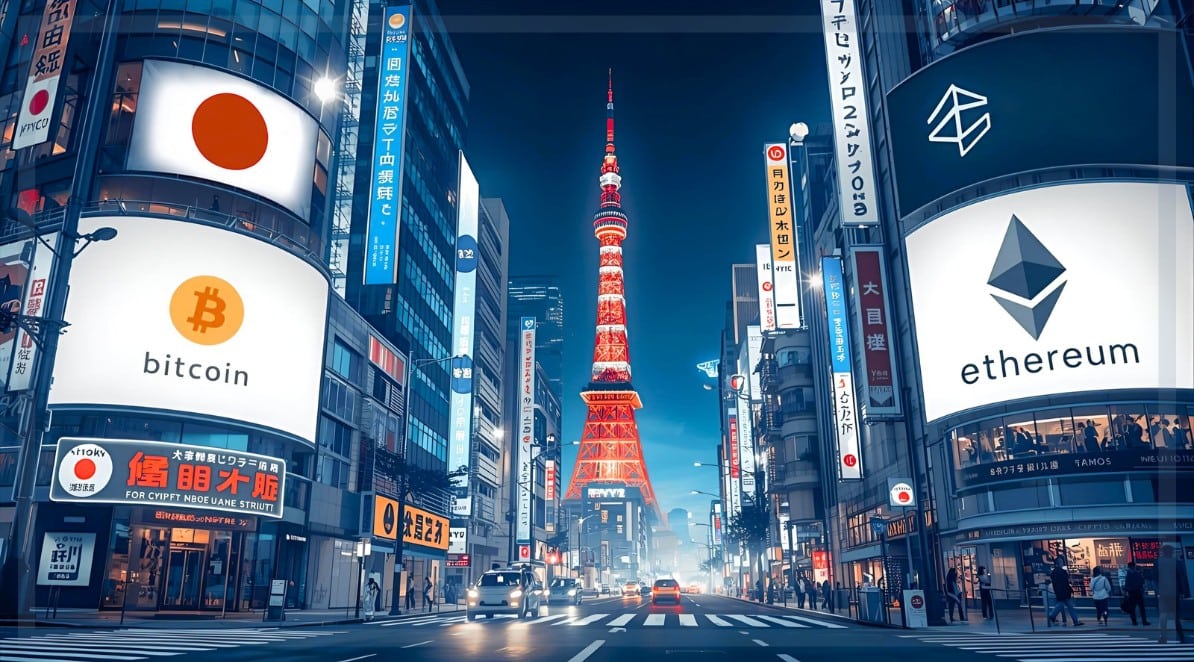Earlier this year, Japan saw a flurry of visits from some of the world’s biggest finance hitters – a flurry that paints a very clear picture of how global investment management firms are thinking about their exposure to Asian markets.
In the space of just 72 hours, BlackRock’s Jon Gray, Blackstone’s Stephen Schwarzman, Citadel’s Ken Griffin, and Guggenheim’s Mark Walter all landed in Tokyo. The visits of these four senior executives come at a time when economic malaise in China, as well as greater geopolitical tension between Beijing and Western countries, is causing financiers to consider shifting assets to alternative markets in the Indo-Pacific.
Today, Mark Walter from @GuggenheimPtnrs. Earlier this week, Jon Gray from @Blackstone, Larry Fink from @BlackRock, and Ken Griffin from @CitSecurities. Something is stirring in Japan’s economic growth story – and more to come. pic.twitter.com/bkRWh1dFJT
— ラーム・エマニュエル駐日米国大使 (@USAmbJapan) June 9, 2023
BlackRock’s Larry Fink has described this trend as “de-emphasising.” In light of a sluggish post-coronavirus recovery, which has seen Beijing fall into deflation as consumers remain reluctant to spend, any lingering optimism that China could return to double-digit growth rates anytime soon is beginning to fade. With American, European, and Japanese multinationals all looking to move supply chains away from China in light of growing geopolitical tensions, Fink notes “the growth of China is now feared by investors to be much slower.”
At the same time as China appears to be in economic decline, Japan is on the rise. Inflation has finally returned to positive territory after years in the red and now stands at a healthy 2.5%. Griffin said during his visit to Japan that “normalisation towards a modest level of inflation is very healthy for monetary policy and for the ability of the central bank to help manage the economy through the business cycle.”
Stable prices aren’t the only factor in Japan’s favour. While many major stock exchanges have posted declines this year given a tricky global macroeconomic environment, the Nikkei has been on the rise, strengthening by over 20% since the start of the year alone. A weaker yen, which makes it cheaper for foreign investors to purchase Japanese assets, has perhaps encouraged further capital inflows.
Compare this to the performance of some of China’s biggest markets. The Shanghai Composite Index has barely grown at all. The Shenzhen Stock Exchange is down almost 5% so far this year. The Hang Seng has declined by almost 10%. In February, China saw its first net capital outflows in more than two years. In the words of the US Ambassador to Japan, Rahm Emanuel, “everything that is going on in China, the opposite is happening in Japan.”
Warren Buffett was ahead of the curve when, in August 2020, he took 5% stakes in five Tokyo trading houses: Itochu, Marubeni, Mitsubishi, Mitsui, and Sumitomo. Most deemed it to be an odd move at the time, not least because the focus in Asia remained on China, but the share prices have all doubled. Unsurprisingly, Buffett has now doubled down on his move towards Japan, with Berkshire Hathaway announcing in June that they have upped their stakes in the five companies to an average of 8.5%.
Japan should learn to love Warren Buffett https://t.co/MC9Jfcr28T
— Financial Times (@FT) April 13, 2023
Many financial firms also appear to have come to the conclusion that China is an unreliable partner – and are perhaps concerned that their money isn’t 100% safe in Chinese bank accounts. The fate of Jack Ma, as well as the leading Chinese investment banker Bao Fan, who went missing as part of an “anti-corruption campaign,” has demonstrated the precarious position senior financiers can find themselves in. The enforcement of stringent data and spying laws, as well as the possibility of arbitrary asset seizures, has given the Economist cause to ask: “is doing business in China becoming impossible for foreigners?”
These conditions simply don’t exist in Japan. Isn’t it therefore natural that finance firms – and indeed any multinational – would prefer their assets to be there? Dr Edward Howell, a lecturer in Chinese politics at the University of Oxford, told Disruption Banking that China is drifting in a more authoritarian direction and that could be causing Western financial institutions to reconsider their exposure.
“As China’s economy enters into deflation – far from the post-Covid rebound that many expected – it is unsurprising that Western banks are now turning to Japan,” Howell said. “Whilst China may be a prosperous economic partner, its unreliability, together with the susceptibility of its economy to domestic shocks, has caused growing concerns in the West. At present, China seems willing to sacrifice domestic economic growth for tighter domestic security.”
“As Sino-US geopolitical tensions continue to flare, US banks will naturally want to avoid such uncertainty and look elsewhere. A trilateral summit between the US, Japan, and South Korea will be held at Camp David on 18 August and will seek to strengthen military and economic security and cooperation between the three countries, in no small part owing to the growing turbulence caused both by China’s foreign policy and domestic economic instability,” he added.
.@SecBlinken outlines Friday’s historic trilateral leader’s summit, where @POTUS will host Prime Minister Fumio Kishida of Japan and Republic of Korea President Yoon Suk Yeol at Camp David in Maryland. pic.twitter.com/vdDlhhnMun
— Department of State (@StateDept) August 15, 2023
Ken Griffin has already announced that Citadel is to reopen its office in Tokyo later this year, over a decade since the hedge fund shut down its Japan operations during the global financial crash. It seems likely that many others will follow suit. After all, as Warren Buffett says of his Japanese portfolio companies, “they’re doing intelligent things…”
Author: Harry Clynch

















